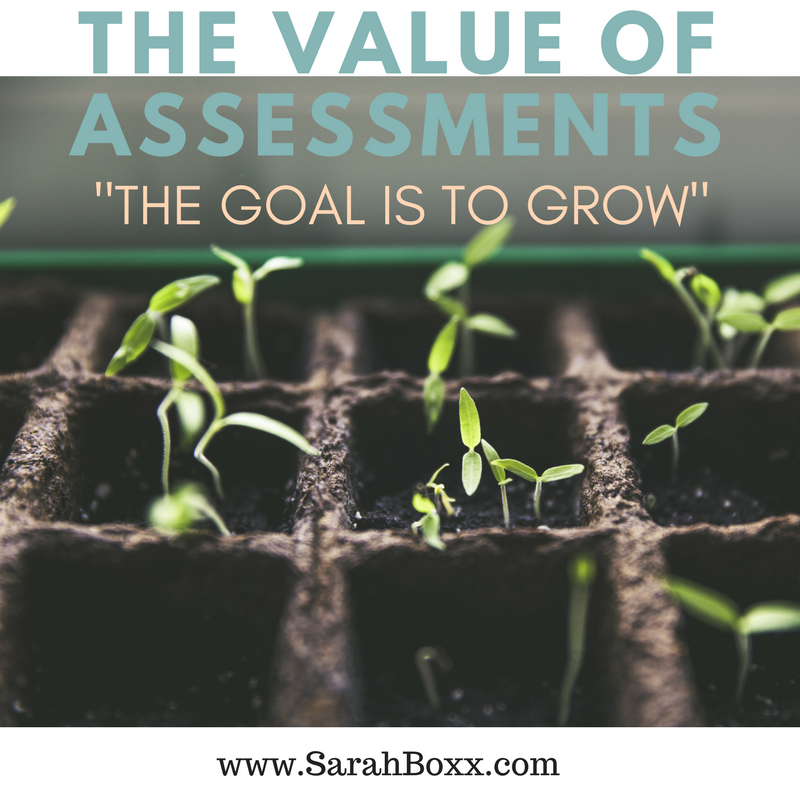 Summer is in full swing and we’ve been testing out ways to reclaim our time and hone our crafts, providing tips we learn along the way. Have you taken any steps to further develop your talents and abilities? Although summertime is typically less structured than the remainder of the year, it shouldn’t be quickly dismissed. It can be a great time self reflect and assess, to get to know yourself on a new level, something we can all do a bit more of.
Summer is in full swing and we’ve been testing out ways to reclaim our time and hone our crafts, providing tips we learn along the way. Have you taken any steps to further develop your talents and abilities? Although summertime is typically less structured than the remainder of the year, it shouldn’t be quickly dismissed. It can be a great time self reflect and assess, to get to know yourself on a new level, something we can all do a bit more of.
We assess people around us every day, they assess us. It’s easy to see why we might forget to assess ourselves. Whether consciously or not, we are taking in countless details by the second, cues from people and conditions of our environment. This is generally referred to as assessing, and we mostly do it subconsciously.
The term “assessment” can have a negative connotation – often bringing a sense of being judged by others, possibly misunderstood, or even discounted. But what if assessment was all about YOU? What if it was fun, learning about what makes you tick, your natural strengths, how you operate when things are going well AND when you face challenges? Learning more about how people perceive you, where you shine and where you could shine even more could help you expand personally and professionally.
Depending upon what you are trying to learn about yourself, there are many assessment options. I know… over the years I’ve taken many. Some have been part of my formal education path, others to grow myself professionally, and some to identify how to understand myself within a particular context. Not to worry, learning from my experiences, we will highlight the best assessment tools for different needs in the blog next week. If you think of someone who can benefit from new guiding resources, please share this post so they can follow along too.
Do assessments really hold any true value and are they worth the time? We vote YES. Foundationally, assessments are one of the best ways to determine if you are positioned to meet your goals. The information gathered can help you set a professional development path, identify areas where you might want to partner with others (to add strengths where you either don’t have them or don’t have time to acquire them).
The end goal IS NOT to build your “weaknesses” into strengths, but rather to enhance and grow your current strengths to become even stronger. The right assessment tool will help you to see yourself more objectively, including what’s important to you, ultimately allowing you to compare your perception with reality.
When is the best time to take an assessment? How do I know if I even need one? There is a concept of Before, During and After. Before we make that BIG decision, take that possible life-altering path, embark on that new adventure or accept that new project.
“Should I risk quitting my job to pursue my dream of owning my own business?” A perfect example of the right time to take an assessment, Before something occurs.
The During covers many bases, but primarily refers to when you are in the middle of something and you either get stuck or realize you need guidance. Reevaluation at this stage can help you achieve your goals, without compromising deadlines.
The last segment is After. This one is most neglected, as we often too quickly move on to the next project or demand for our attention, through no fault of our own. Little do we realize, after evaluations are crucial to the success of our future work. Carve out the time to assess After too.
So, you’ve analyzed your assessment needs, taken the right tests and used the proper tools, and now you have this great mountain of information. What do you do next? Reflection is the key to self-assessment. The results will only be information until we take the time to consider what they mean in the context of our goals – whether personal, professional, academic, or otherwise. Developing reflective skills provides us with the ability to consider our own performance and to identify our strengths, weaknesses, and areas that require improvement. After all, isn’t the goal to grow?



